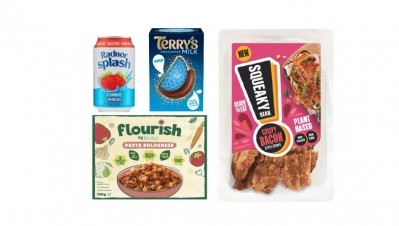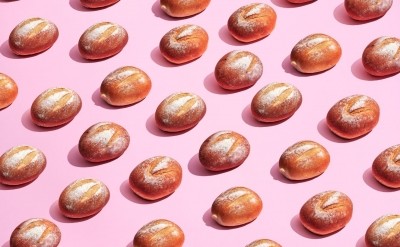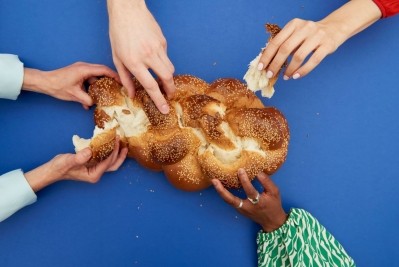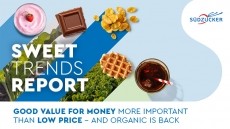What Mondelēz International will do with Urban Legend doughnuts

Confectionery and snacking giant Mondelēz International invested in the reduced fat, sugar and calories upstart and would seek to support its growth over the coming months, with a focus on the UK market first, global head of SnackFutures Ventures, Richie Gray, told FoodNavigator.
“As a business, we’re interested in the cakes and pastry category to provide an opportunity for incremental growth,” he said on the investment’s announcement last week.
“We think we have brands that can play into cakes and pastry and as we look into the wider frame, we’re really interested in what Urban Legend is doing in fresh – it gives us access to different parts of the store and some really clever technology.”
Where are Urban Legend doughnuts available?
Urban Legend is currently available on gondola ends in around 200 UK stores. Gray, who previously told FoodNavigator Mondelēz’s investment arm SnackFutrures would only pump funds into proven financially viable businesses, would not reveal how much was invested, nor the stipulations surrounding the funding.
In terms of plans for Urban Legend’s growth with Mondelēz, he said: “It really is very much TBC, it’s early stages.
“The business is establishing itself and we’re taking a minority stake. The plan is to partner with [founder] Anthony Fletcher and his team and help to get to scale and their ambitions faster through capital, knowhow and our expertise in how to build brands.”
Mondelēz would provide R&D resources to Urban Legend, while learning itself about the new fresh, healthier indulgence space, he added.
Scaling the business would involve focusing on UK growth first, as “that alone can be a big opportunity”, said Gray when asked about international expansion. “One day it could expand geographically,” he confirmed.
Who is Urban Legend owned by?
For Fletcher, who was CEO of healthy snacking brand Graze, which was bought out by Unilever in 2019, his focus was to turn one of the unhealthiest categories into something that was better for consumers.
“My take is sweet bakery is one of the world’s largest and most unhealthy markets,” he told FoodNavigator. “It’s very high in sugar and fat, and the industry struggles to remove it. I believe there isn’t a bakery product you couldn’t make HFSS-compliant, but to the same quality.”
Doughnuts was the obvious first choice for the business, said Fletcher, but confirmed other NPD was in the pipeline including core bakery items. “We’re already selling cinnamon buns and releasing a new category in the coming weeks,” he said.
“We’re seeing a lot of pull from retailers who are trying to balance indulgence and balance [health] legislation, so how it evolves with industry commitments on the overall healthiness of shopping baskets – that’s our focus,” said Fletcher.


























